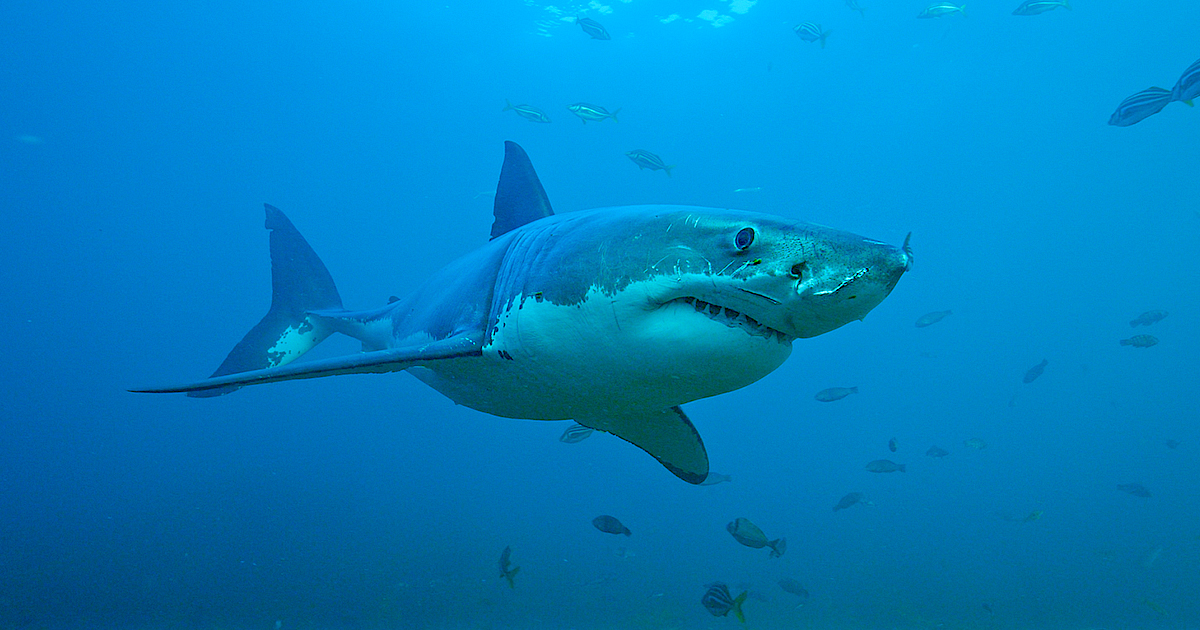
EarthDay365 Presents: Shark Month – See what lies beneath the surface
This month, experience SHARK MONTH on EarthDay365, available on Pluto TV, The Roku Channel, and Amazon Freevee.
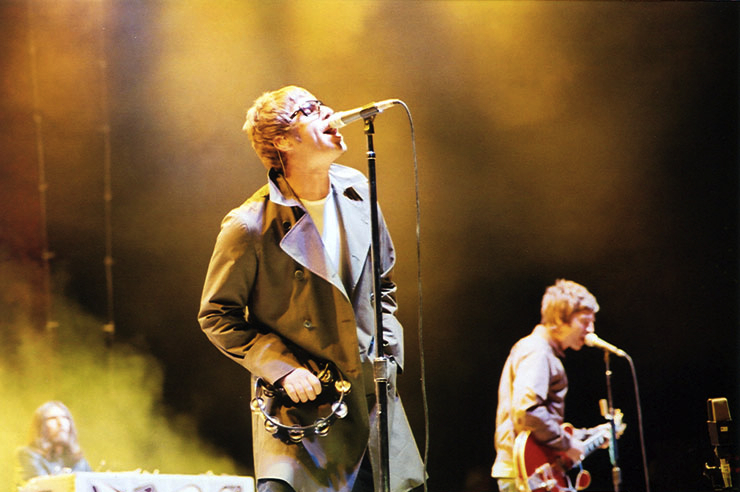
Most of the time, when it comes to music, what happens in England stays in England. Not until a scene, style, and fashion have evolved around a cohesive, frenzied trend does the music become exportable across the Atlantic. When grunge ruled in the early Nineties, English music was nowhere on the map. But in London, the sound and attitude that would become Brit Pop was percolating, until Oasis were ready to storm North America.
So how did Britpop come about? In North America, it can be tough to understand the complexities of class, accents and regional rivalries, the rabid tabloid media, and the mad hooliganism of soccer – sorry bloke, we call it football. How many English words do we encounter in British shows that we don’t know? What the bloody hell is a “council flat”, for instance?
Good question, chap! For to understand Brit Pop, it might help you to know.
Imagine the movie Trainspotting, released in 1996 in the Brit Pop era. It’s all pubs and boxy, little row-houses where Ewan McGregor’s Renton and his buddies Sick Boy and Spud share their misadventures. Those dismal homes are council flats – the “projects” of Great Britain. And the soundtrack that drives the film’s black comedy and glorifies the excesses of youth was ranked one of the top ten soundtracks ever (“Vanity Fair”, 2007). Most notably, it features songs from some of Brit Pop’s best bands: Blur, Pulp, Elastica and Sleeper.
A lot of moody Brits loved grunge. But the future “Britpop” musicians playing around London’s Camden Town hated its dreary, so-called dark themes. They also detested George Bush, the American president who in 1990 initiated the first Gulf War. With the young, energetic Tony Blair leading the Labour Party in Britain, they were optimistically heading in a new direction, free of America and taking pride in all things British.
The big four bands who brought pop back to music when they felt it was needed were – Suede, Blur, Pulp, and Oasis. Here are four of the defining songs of the era.
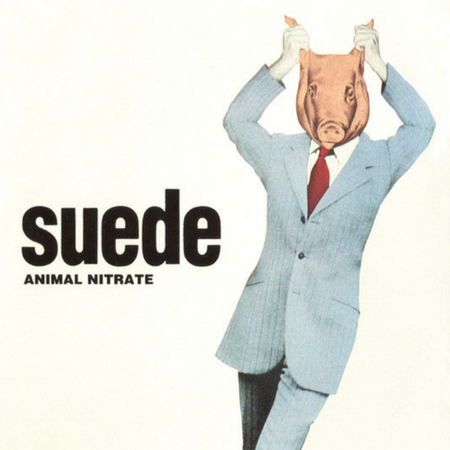
Suede were elected Britain’s newest hitmakers with their 1993 album Suede. Heavily influenced by glam and David Bowie, their sound and subject matter were sleazy and glamorous, their look trashy and androgynous. Their defining lyric from the song “Animal Nitrate” was, “in your council home, he jumped your bones.”
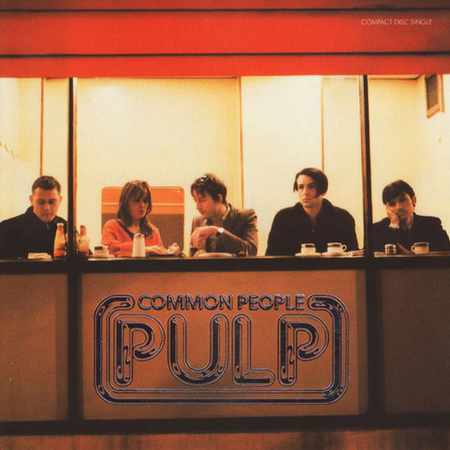
Pulp released their lauded album His ‘N’ Hers in early 1994. Singer Jarvis Cocker’s lyrics painted wry observations of everyday life in Britain. Their most-loved song “Common People” is about a rich girl Cocker had met. She told him she yearned to live like common people.
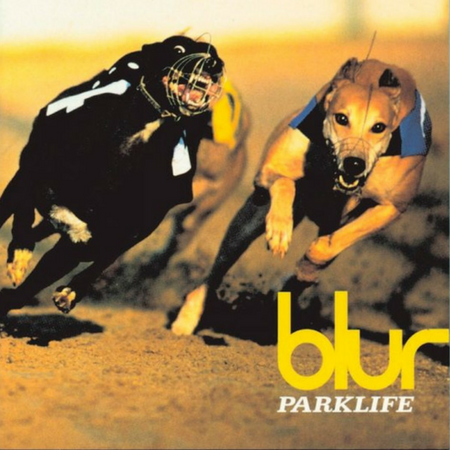
Blur became huge with their 1994 album Parklife, which was inspired by the people around London’s Hyde Park. The single “Girls and Boys” with its famous chorus of “girls who are boys who like boys to be girls” provided the Britpop anthem for UK youth.
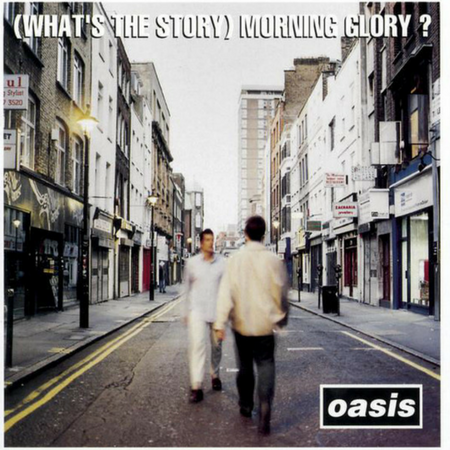
Kurt Cobain’s suicide in April 1994 finished off grunge and left North American youth without a hero. A few months later, Oasis released their debut album Definitely Maybe, then followed it up with (What’s the Story) Morning Glory? The Gallagher brothers Liam and Noel were not nearly as witty as the three rival bands; in fact, Liam admitted their lyrics were often nonsense images that sounded good together.
But pubs full of hard-drinking “lads” certainly get something from the lyrics when staggering out the bar, arms around one another, they sing the hit album’s closing track: “Slowly walking down the hall, faster than a cannonball, where were you while we were getting high?”
Time travel back to the heydeys of BritPop. Watch free sneak peaks of concerts by Blur, Oasis, and Pulp on Qello Concerts. Start your free trial to get an All-Access pass to 1000s of full-length concerts.
Stay on the pulse of the most recent news in music. Follow us on Facebook, Instagram, and Twitter.

This month, experience SHARK MONTH on EarthDay365, available on Pluto TV, The Roku Channel, and Amazon Freevee.

As Canada Day approaches, we at Stingray are gearing up to celebrate our nation’s vibrant culture and artistic talent. While our reach has become international, our roots remain proudly Canadian. This Canada Day, we’re highlighting our ongoing commitment to supporting Canadian content and artists, providing the perfect soundtrack for your celebrations.
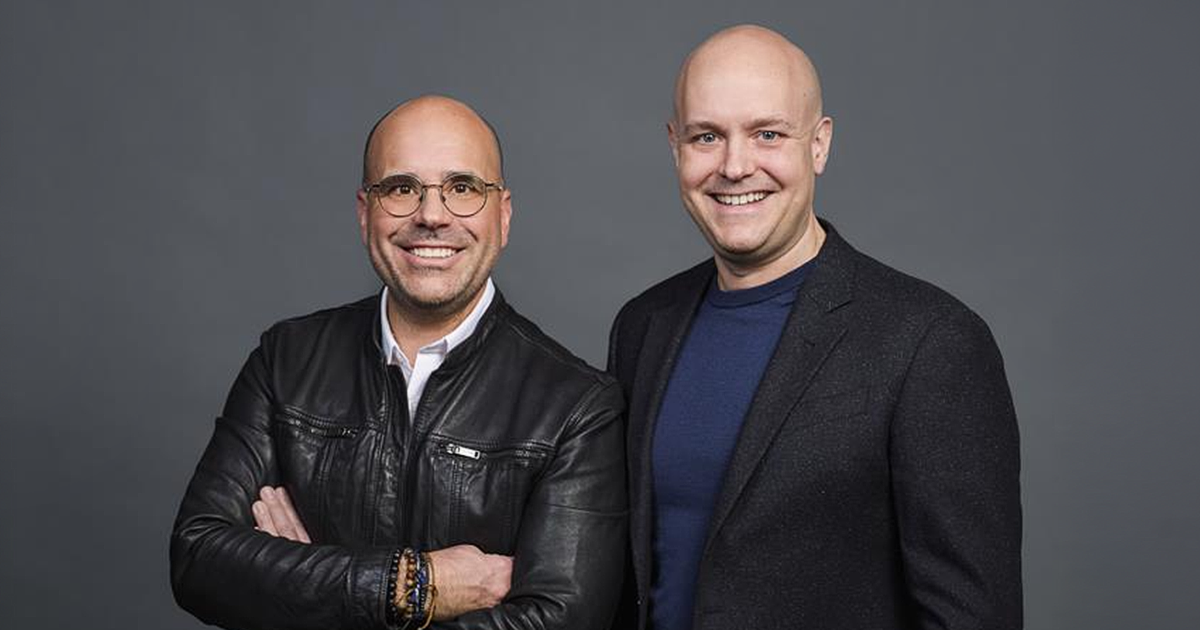
In the rapidly evolving landscape of artificial intelligence, some companies are not just adapting—they’re leading the change. Stingray, a global music, media, and technology company, stands at the forefront of this revolution with its strategic approach to AI integration.
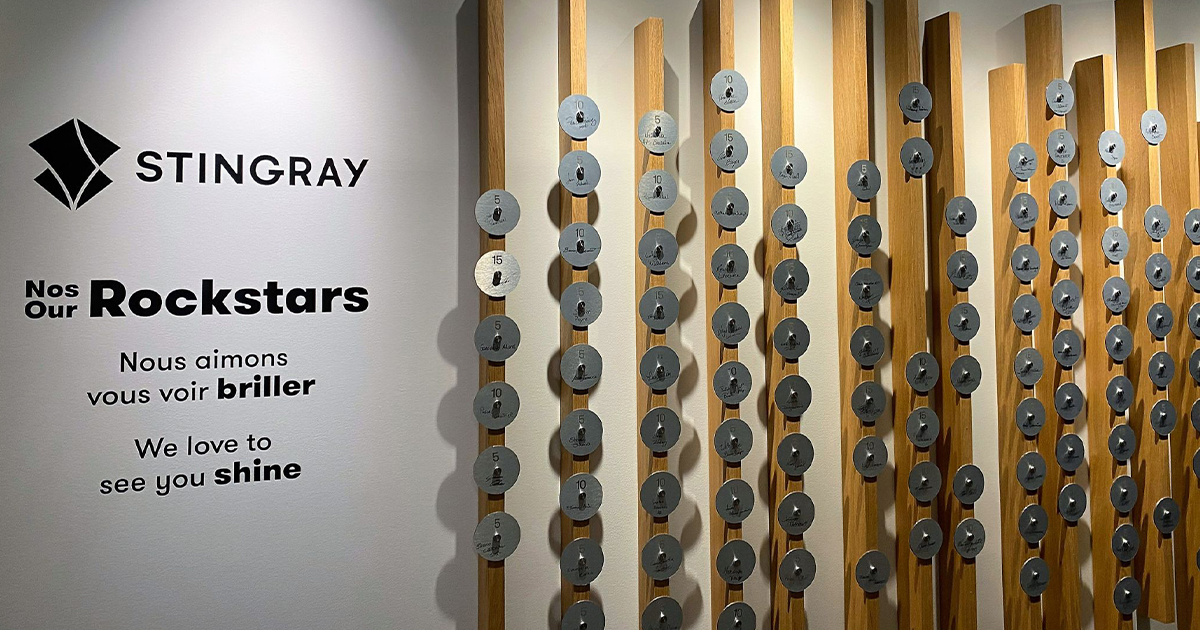
At Stingray, loyalty and retention aren’t just buzzwords; they are the foundation of our thriving community and the secret sauce behind our success.
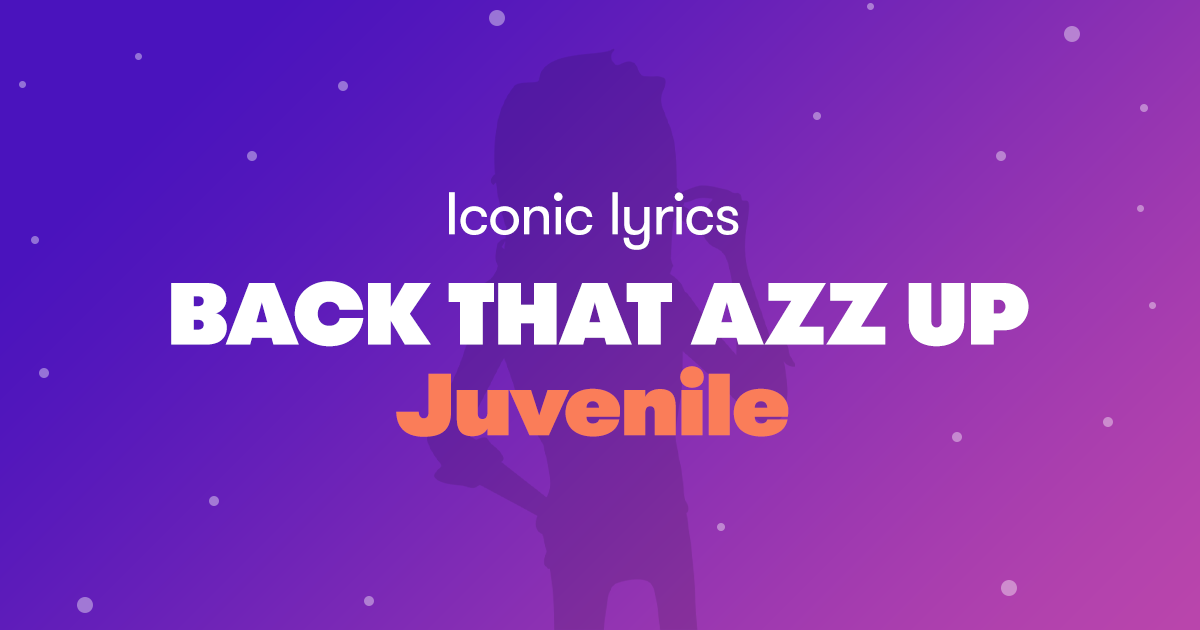
“Back That Thang Up” is a classic hip-hop track by Juvenile, featuring Mannie Fresh and Lil Wayne. Released in 1999, this song quickly became a staple in clubs and parties, known for its infectious beat and catchy hook. It’s a quintessential example of the bounce music genre that originated in New Orleans.

Christmas is fast approaching and some of you may still be looking for gift ideas for your loved ones. Here is our ultimate gift guide for music lovers!